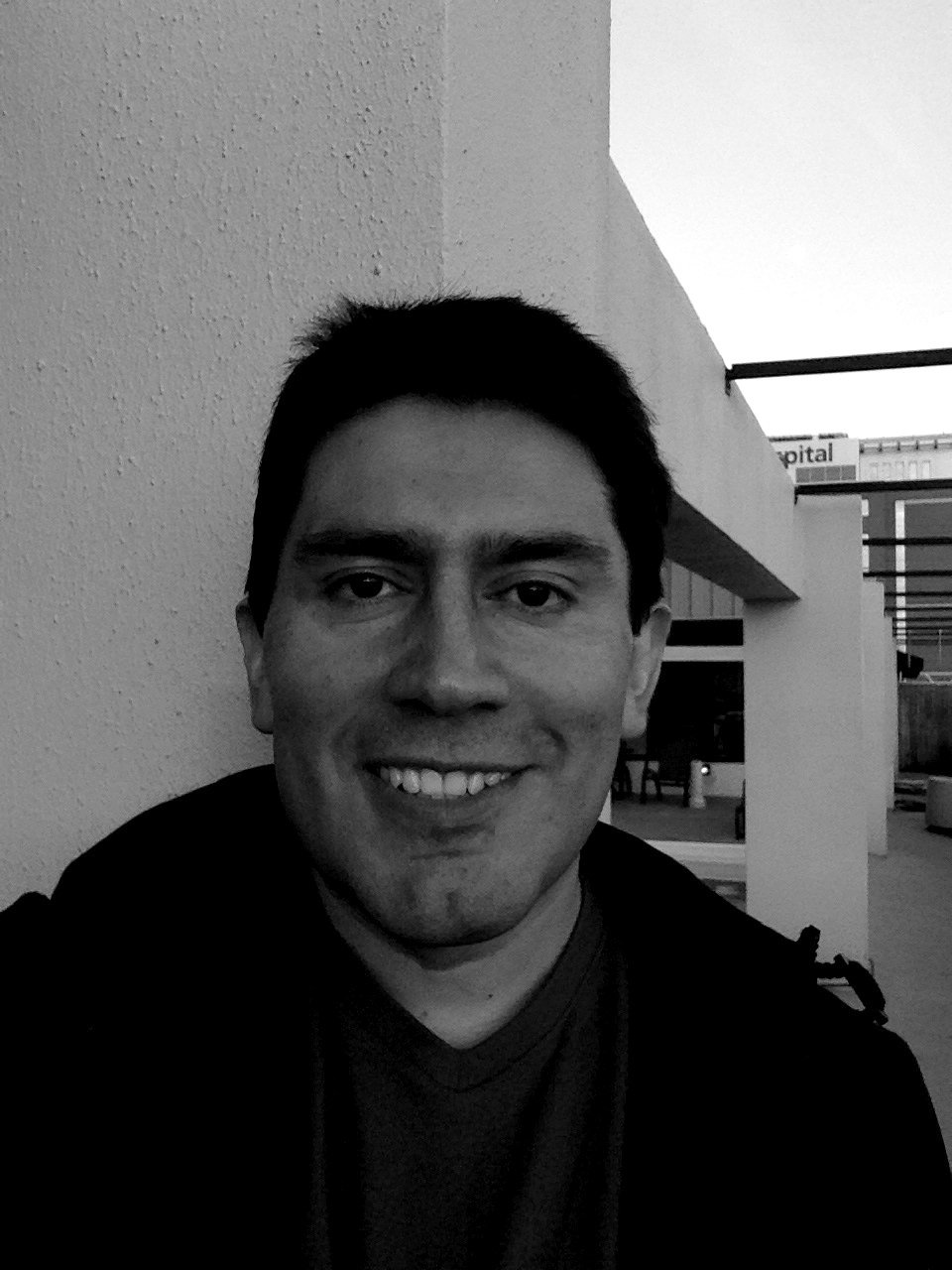KGB Red Room
7:30 - 9:30 PM
(doors @ 7)
Although we’ve learned a lot about how the brain works in the last 50 years, much of the inner workings of human intelligence and behavior remain a mystery. Technological advances in the last decade promise to expand our understanding of the brain and how it controls behavior. Join us for talks from two scientists about how new technologies are helping us to understand the brain and to intervene when things go awry.
Speakers:
Carlos Parra, PhD
At (almost) 51, what's new about MRI?
Carlos holds a PhD in biomedical engineering from the University of Memphis, developing his dissertation at St. Jude Children's Research Hospital. He focused on neuroimaging research of pediatric patients treated for catastrophic disease, developing novel statio-temporal models of tumor occurrence in retinoblastoma patients. In New York, he joined Memorial Sloan Kettering and the NYU Langone Ophthalmology Department where he conducted neuroimaging research in glaucoma patients. Carlos also has a background in electrical and electronics engineering. He is a photographer passionate about art history, particularly the Masters of the Dutch Golden Age.
To build the first MRI scanner in 1973, Paul Lauterbur and Peter Mansfield relied on the contributions of five Nobel laureates. Since its inception, MRI has spurred the ingenuity of physicians, physicists, engineers, and medical researchers, continuously delivering sophisticated hardware and revolutionary techniques that offer new insights into the human body's structure, function, and metabolism. How does MRI work, what are its current applications, and what are the hottest new developments?
Helen Mayberg, MD
The Future is Now: Tuning Depression Circuits using Deep Brain Stimulation
Dr. Helen Mayberg is Professor of Neurology, Neurosurgery, Psychiatry and Neuroscience, and the Mount Sinai Professor in Neurotherapeutics at the Icahn School of Medicine, where she serves as Founding Director of the Nash Family Center for Advanced Circuit Therapeutics. Known for her imaging studies of brain circuits in depression and her pioneering deep brain stimulation research, Dr. Mayberg, a neurologist, emphasizes a holistic approach to the treatment of depression working to define brain signatures that can match patients to their optimal treatment at all stages of illness. Dr. Mayberg, originally from Los Angeles, did her Neurology training in NY at Columbia. She was recruited back to the City in 2018.
Deep brain stimulation (DBS) is an experimental treatment for intractable depression. Next-gen technologies now provide real-time tracking of neural activity from the implanted device and when combined with advances in neuroimaging, computer vision and machine learning strategies, enable neural and behavioral monitoring during ongoing DBS. Such studies work to link first-person experiences to changes in brain state and naturalistic behaviors, towards a comprehensive understanding of illness and recovery.


